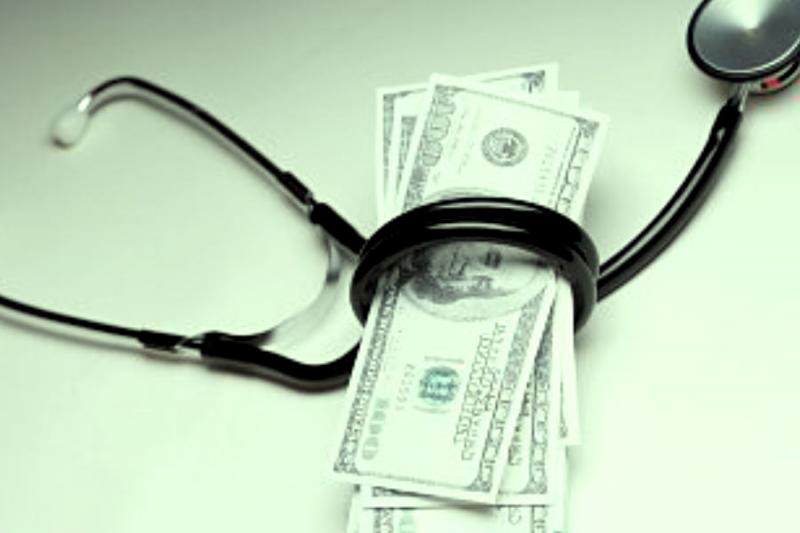
Can I File Bankruptcy Because of Unpaid Medical Debt?
According to recent research, nearly 2 million people this year have listed unpaid medical bills as the number one reason for filing for bankruptcy. It is surprising to many that medical debt, as opposed to credit card bills or unpaid mortgages, is the leading cause of bankruptcy. Even more surprising is that many of those who file also have health insurance. Despite having it, they are not protected from financial hardship. Data from the U.S. Census, Centers for Disease Control, the federal court system and the Commonwealth Fund reveals that many Americans are struggling to pay medical bills. It is estimated that 1.7 million people will file for bankruptcy in 2015, many because of the inability to pay their medical costs. It is also estimated that 56 million adults, or more than 20 percent of the populations, will also struggle to pay health care-related bills even though they do not file for bankruptcy. Experts estimate that nearly 10 million adults who have year-round health-insurance coverage will still accumulate high medical bills that they are unable to pay. Many new high-deductible insurance plans are requiring consumers to pay more out-of-pocket expenses, which is a challenge for many households. If you have high medical expenses that you are unable to pay, bankruptcy may be an option for eliminating this debt. When an individual files for bankruptcy, all debts are separated into different categories. Some debts receive special priority treatment and cannot be eliminated through bankruptcy, like student loan debt or back taxes. Fortunately, medical debt is one type of debt that can be eliminated through bankruptcy. Medical bills are considered “unsecured debts” just like credit cards. This means that medical bills do not receive priority treatment like other types of debt and may be easily discharged when you complete the bankruptcy process. Depending on the type of bankruptcy you qualify for, you may still be required to repay part of your medical debt. In Chapter 13 bankruptcy, medical bills are lumped together with other unsecured debt in a repayment plan. While you will usually not be required to repay the full amount, you may be required to repay a smaller portion of it to satisfy creditors, usually pennies on the dollar. However, if you qualify for Chapter 7 bankruptcy, all unsecured debt may be discharged. An experienced bankruptcy attorney, like those at the Oswalt Law Group in Phoenix, are here to help you through this process. We will help you identify the right type of bankruptcy for your situation and guide you each step of the way.
